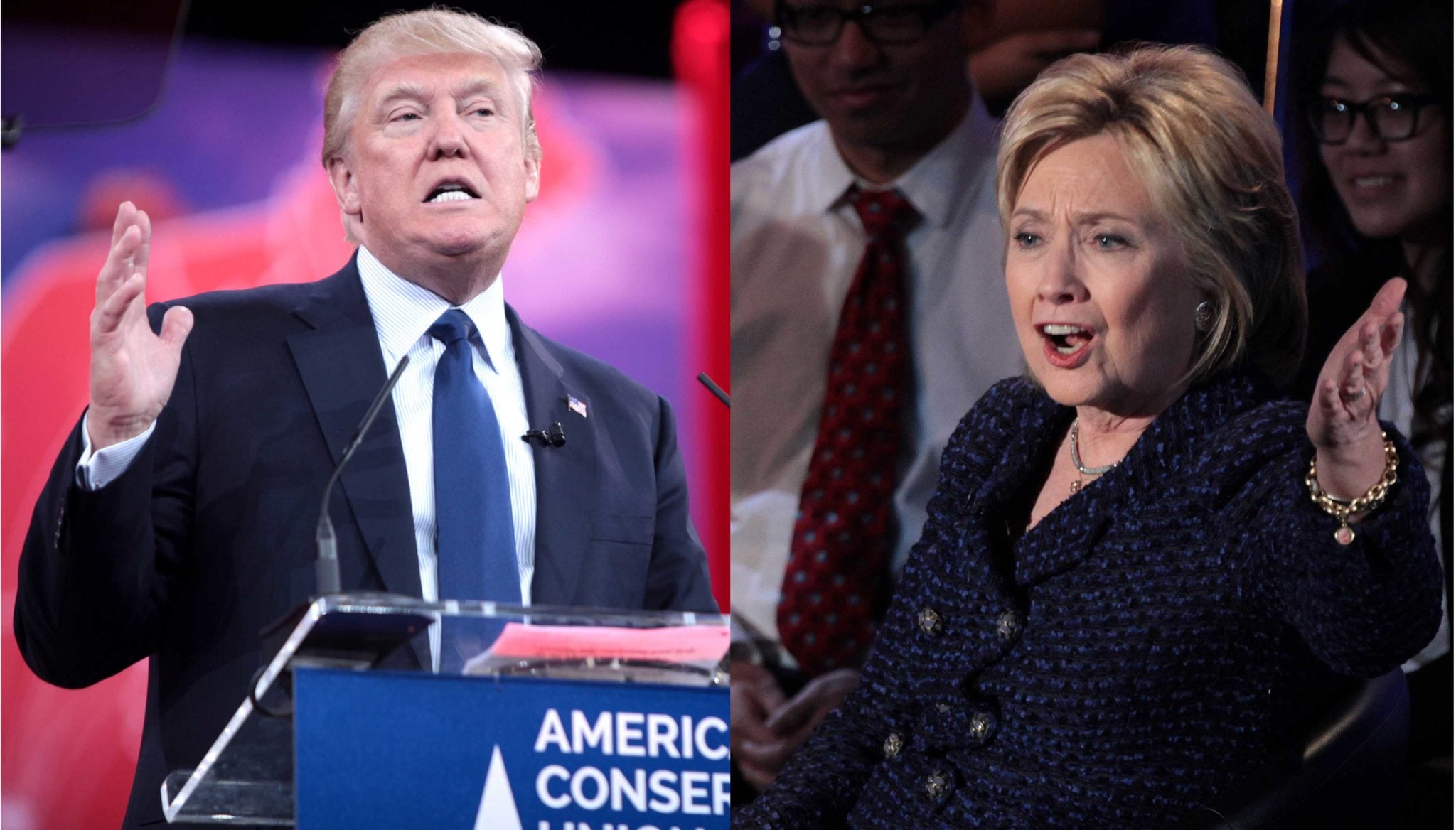The big, fat, crooked, rigged, ugly, lyin’, dumb, bloody, biased, low-energy, unfit presidential election is finally over. Donald J. Trump (surprise!) is the president-elect.
Where’s the nearest walk-in clinic? America needs a couple of aspirins, at least, after the Trump-Clinton headache that reverberated with inflammatory rhetoric, false charges and contempt for traditional political protocol.
“This presidential election was particularly divisive with a lot of hatred and anger,” says Institute of Living child psychologist Laura Saunders. “It has even divided households. We need to bring back civility and respect. Attack the problem, not the person.”
Let’s put that message in a time capsule and open it in time for the 2020 election. This country could use the reminder.
Until then, unfortunately, post-election America could look very much like pre-election America with dysfunctional governance in Washington and the emerging “normalization” of nativism, bigotry and misogyny.
“We need to focus on areas of common interest,” says Saunders, “like quality health care, a strong economy and international relations. We have to focus on the issue, not necessarily on your position on the issue. And we need to find a way to include those who feel disenfranchised.”
Most adults have never seen a presidential election with such vitriol. Now they must try to minimize its effects on their children.
“Sadly, kids have picked up on the divisive rhetoric,” says Saunders. “They are watching and listening to what the adults around them are saying. They get scared or confused when they hear their parents say, ‘We’re moving to Canada.'”
It’s not only young children.
“Some older teens are fearful about bringing up politics at the lunch table,” says Saunders, “out of concern for being attacked for their candidate’s position.”
American citizens, fittingly, had the final word in a choice between two of the most disliked presidential candidates in modern times.
“First and foremost,” says Saunders, “we should feel grateful for our right to vote and the peaceful turnover of leaders — the hallmark of our democratic process for 200-plus years.”
For more information on behavioral health please visit hhcbehavioralhealthnetwork.org


